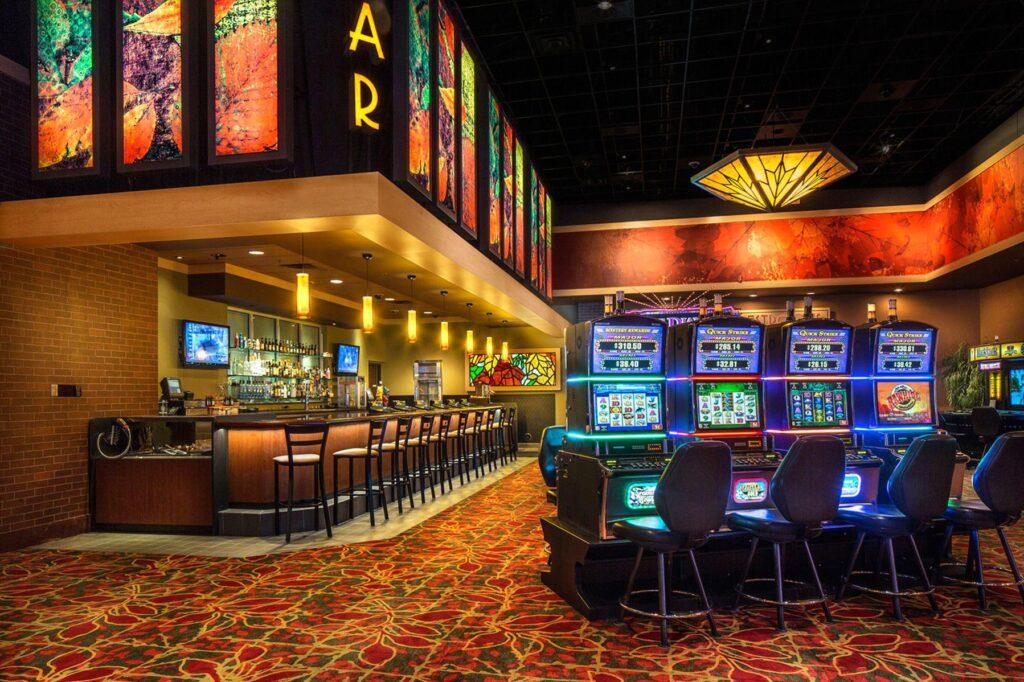Betting has been a fundamental part of the human experience for quite some time. The thrill of the unknown, the adrenaline rush of triumph and, surprisingly, the devastating loss of defeat make the game that much more appealing. In any case, for some purposes, what begins as a mere distraction turns into a debilitating enslavement. In this article, we will delve into the brain of betting addiction, understanding its underlying causes, outcomes, and possible mediation methods.

Basic Psychology
Brain chemistry and the reward system. At its core, gambling addiction is linked to the brain’s reward system. The anticipation and excitement of a potential win triggers the release of dopamine, a neurotransmitter associated with pleasure and reward. Over time, the brain learns to seek out these dopamine surges, which causes the person to gamble more.
Perception of risk and reward: We constantly evaluate potential risks and rewards when making daily decisions. However, people with gambling addiction have a distorted perception of risk and reward. The potential reward dwarfs any risk, pushing them into a betting spiral even when the odds are stacked against them.
The illusion of control. Often players believe that they can control the outcome of the game, especially in games that require skill such as poker. This illusion fuels their confidence, causing them to take more risks, thinking they can beat the system.
Escalation of obligations
As losses mount, a person often believes that a big victory is just around the corner. This is called the “sunk cost fallacy,” where the more one invests (in terms of time, emotions, and money), the harder it becomes to leave. They fell into the trap of chasing losses in hopes of breaking even.
Consequences of gambling addiction
Financial stress. One of the most immediate and visible consequences is financial difficulties. Savings are depleted, debts accumulate, and some may even resort to theft.
Impact on mental health. Chronic gambling can lead to stress, anxiety and depression. Constant ups and downs, combined with financial difficulties and tension in relationships, lead to a feeling of isolation.
Physical health: Stress and anxiety can manifest themselves physically, leading to insomnia, digestive problems and even heart disease.
Intervention Strategies
Cognitive behavioral therapy (CBT): CBT helps people recognize and change negative thinking and behavior patterns. By addressing the cognitive distortions associated with gambling, CBT can provide a person with tools to combat the urge to gamble.
Medicines. Medicines that target the brain’s reward system, such as antidepressants and mood stabilizers, may help curb the urge to gamble.
Self-help groups: Sharing your struggles and experiences with others facing the same problem can be therapeutic. Groups like Gamblers Anonymous offer a support system and a structured approach to recovery.
Prevention and preventative measures
Education and Awareness: The first step to combating gambling addiction is education. By increasing awareness of potential risks and consequences, people are better able to make informed decisions. Schools, communities and the media should prioritize disseminating information about the psychological attributes of gambling.
Setting limits. Gambling establishments and online platforms may include mechanisms that allow individuals to set financial limits. By setting a limit, you can ensure that they do not overspend or play beyond their capabilities.
Self-exclusion programs. Many casinos and online gaming platforms now offer self-exclusion options. This allows people to voluntarily ban themselves for a predetermined period, helping them break the cycle and seek help if necessary.
The role of technology in gambling addiction
Online gambling platforms. In the digital age, gambling is no longer limited to physical casinos. Online platforms provide easy access, so it is critical to understand and address addiction issues in this area. Online platforms should prioritize responsible gaming features such as timeouts and reminders.
Virtual reality (VR) and augmented reality (AR) in gambling. The integration of VR and AR into gaming platforms has increased the immersion effect. While this innovation improves the user experience, it also poses the risk of increased dependency. Stakeholders should ensure that these technologies have built-in features that promote responsible gaming.
Support systems and rehabilitation
Family and Friends: The support of loved ones cannot be underestimated. Families and friends play a critical role in identifying early signs of addiction and encouraging the affected person to seek help.
Rehabilitation centers. Specialized rehabilitation centers for gambling addiction provide a comprehensive approach to recovery. These centers focus not only on breaking the cycle of addiction, but also on teaching people the skills to reintegrate into society and manage potential triggers.
Socio-economic impact of gambling addiction
Impact on the workforce. Gambling addiction can lead to decreased productivity, absenteeism, and even job loss. This has wider implications for employers and the economy.
Social consequences. The ripple effects of gambling addiction can be felt not only on an individual level, but also in society. Families may fall apart, children may face neglect, and communities may experience an increase in crime.

The road ahead
Although the excitement of gambling has attracted people for centuries, it is essential to find a balance. By understanding the psychological underpinnings of gambling addiction and taking proactive measures, society can enjoy the excitement it offers without falling into a dangerous trap.
While in this balance, remember that help is always available. It’s never too late to intervene, restore the situation and start again. The road to recovery can be difficult, but with determination, support and the right resources, living a life free from gambling addiction is achievable.
